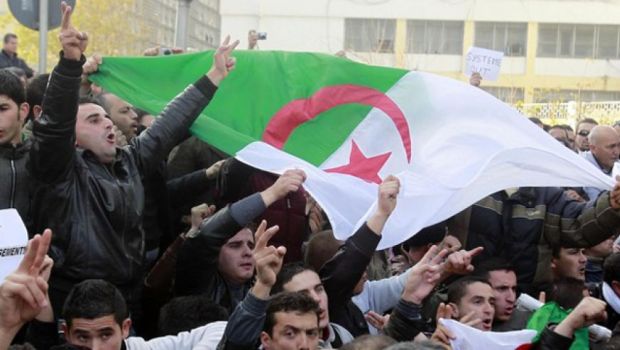Because the situation is constantly changing, no one knows for certain how long it will take before everything settles down following the wave of political change that has affected some Arab regimes since the protests of 2011. The consequences continue to unfold, and some of them have been very bloody, as in Syria.
Countries are different in terms of the composition and complexities of their societies and their political and economic circumstances, making each of them unique, with their own specific problems. However, changes in societies can share certain characteristics: most prominently that nothing happens overnight; the fall of a regime and the rebuilding of a new one both take time. In many cases, the conflicts have resulted from the uncovering of hidden problems could not be avoided, and which themselves may be some of the reasons for the change.
The model of Eastern European countries which emerged from the former Soviet Union is an indicator of the time which societies and state institutions need to absorb a new system. Many of these countries joined the European Union or are currently seeking membership, but the gap between them and Western members in terms of living standards, economic development and productivity still remains considerable.
In the Arab world, there is the Algerian model, which some say was a precursor to what Arab countries experienced in 2011. Though originally called the Arab Spring, more than three years later there is disagreement over the name for these events, and a marked decline in enthusiasm as many conflicts—sectarian, ethnic, tribal—have erupted, as well as outright civil war. In all cases the future remains unknown.
The start was in Algeria in 1988, during the presidency of Chadli Bendjedid, oil prices were in decline, which caused an economic crisis that resulted in protests demanding better living conditions and more political freedom. The response was violent and the bloodshed worsened the crisis. However, the demonstrations, which the government was unable deal with, led to the end of the one-party system, and led the country into an era of political pluralism.
The remaining repercussions are all too well known, most prominently the rise of Islamists represented by the Islamic Salvation Front (FIS), followed by 10 bitter years of armed violence, which often took bloody, indescribable forms, and which killed many thousands of people. People forgot that the origin of the protests were demands for better living conditions and freedom after years of one-party rule.
There are similarities between 1988 and 2011. The issue of demands and living conditions were at the heart of the protests in many Arab countries. The demands for liberty were accompanied by demands for improving the transparency of the political system.
There were no religious or sectarian demands, and political Islamist groups subsequently popped up to turn the issue into a horror movie of conflict and violence. There were always warnings to avoid the Algerian scenario in people’s minds.
In around 10 days’ time, Algerians will go to the polls to elect a president for a new term, an event which promises to be pivotal given both what has happened since 2011, and the events of Algeria’s political transition following the uprising of 1988 and the bloody years of the 1990s, which brought current President Abdelaziz Bouteflika into power. Algeria has experienced relative stability, with signs of detente and political openness and reconciliation sponsored by state institutions, and an atmosphere of political pluralism has been preserved.
There are problems today, but the difference between the situation now and in the 1980s is massive. Because of the increase in the price of oil, there is now a national surplus of 200 billion US dollars and the average annual income for individuals is 7,500 dollars. Algeria is also ranked second in the list of countries with the least debt in the Middle East. These are hopeful statistics, which suggest the tools of success and development are available and could be used in development and modernization—and more importantly, in providing the youth with employment. This is possible on the condition that political stability remains in place and is preserved by the political elite whatever the results of the elections—because Algeria has already paid a high prince, a price it should never have to pay again.
